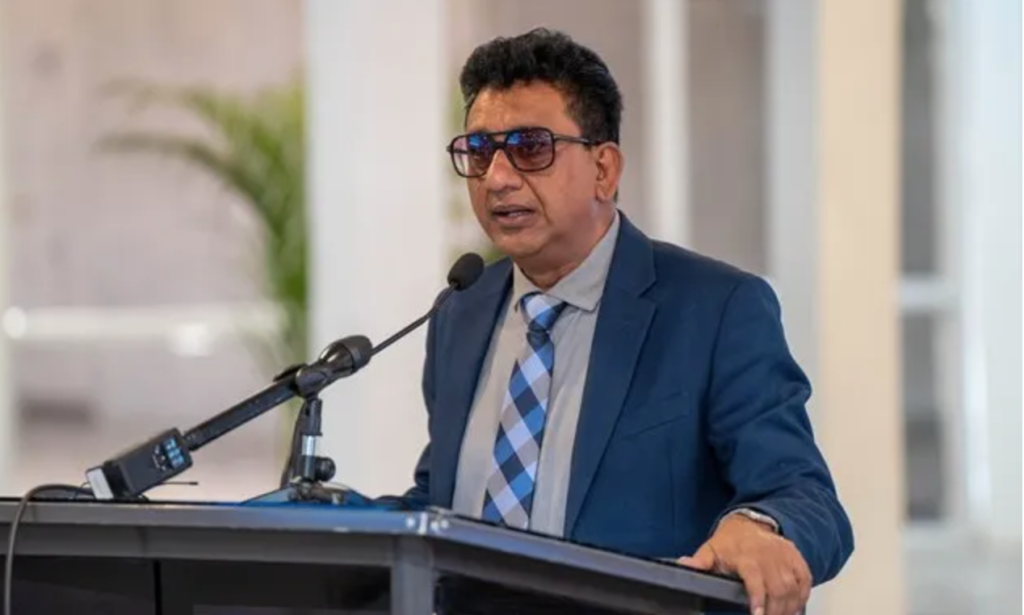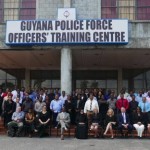
The Government of Guyana in partnership with the Canada-CARICOM Expert Deployment Mechanism (CCEDM) today launched a Restorative Justice Practitioners Training Programme in Georgetown, as part of the country’s quest to modernize the justice system, and reduce the number of persons before the Courts.
At the opening ceremony this morning, Attorney General, Anil Nandlall explained that Restorative Justice does not apply to capital offenses involving violence or sexual offences. However, he said it would undoubtedly see a reduction in the number of cases before the Court.

“Magistrate Peter Hugh is here with us, and he would confirm that 80% of the cases that go before him, as a sitting magistrate, are not the serious indictable cases. There are minor offences, and they would occupy 80% of his time, of his energy and his resources. Restorative Justice can address most of this 80% work load that he faces as a magistrate every single day, and that is replicated in every single magistrate’s court across the country. Imagine if we are able to entrench and interweave restorative justice in our criminal justice system, in the institutional manner that we would like to, the tremendous positive impact it would have in reducing the workload of every single magistrate in this country,” the Attorney General reasoned.
Acting Chancellor of the Judiciary, Justice Yonette Cummings while also acknowledging the role of Restorative Justice in reducing the number of cases before the Courts, and the prison population, said it has tremendous benefits for the individual and society.
“When you compare the Restorative Justice System, we see so many benefits for society, for the individual as well as for the judiciary. Individuals are given access to a dispute resolution in a more timely manner than in the general justice system. So, when we look at the principles that you will be taught and the principles that you will be practicing, relationship, respect, responsible, repair and reintegration, what I see from there would be society and communities that are safe, society and communities that will enjoy the benefit of your training,” the Chancellor explained.
She urged the citizens undergoing the practitioners training programme to make use of information provided during the training, and take their responsibility seriously.
Restorative Justice first entered Guyana’s mainstream Justice System in the mid-1970s and was integrated into the country’s formal Justice System in 2022 with the passage of the Restorative Justice Act, which paved way for the establishment of the Restorative Justice Centre.
Since then, the Government has conducted a number of training sessions and public awareness forums in the various administrative regions with regional administrators and councillors, religious leaders, teachers, police officers, Toshaos as well as judicial officers and social workers.
The training programme forms part of the Support for the Criminal Justice System Programme, which is being funded by the Inter-American Development Bank (IDB).



















You must be logged in to post a comment Login